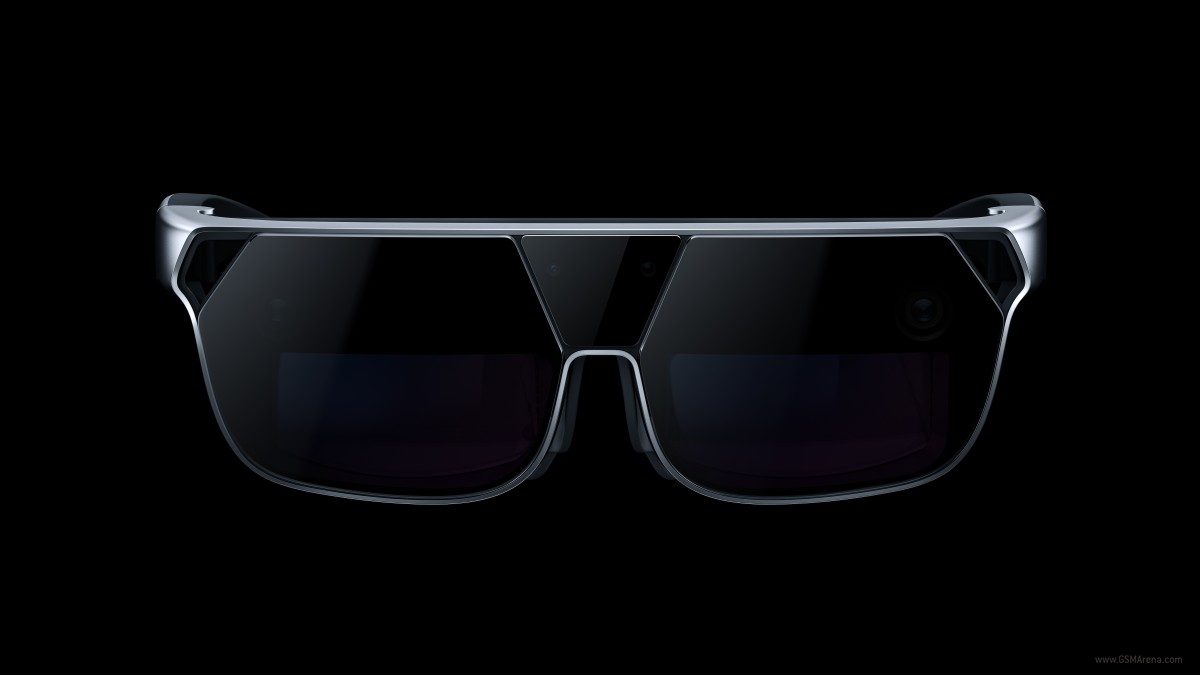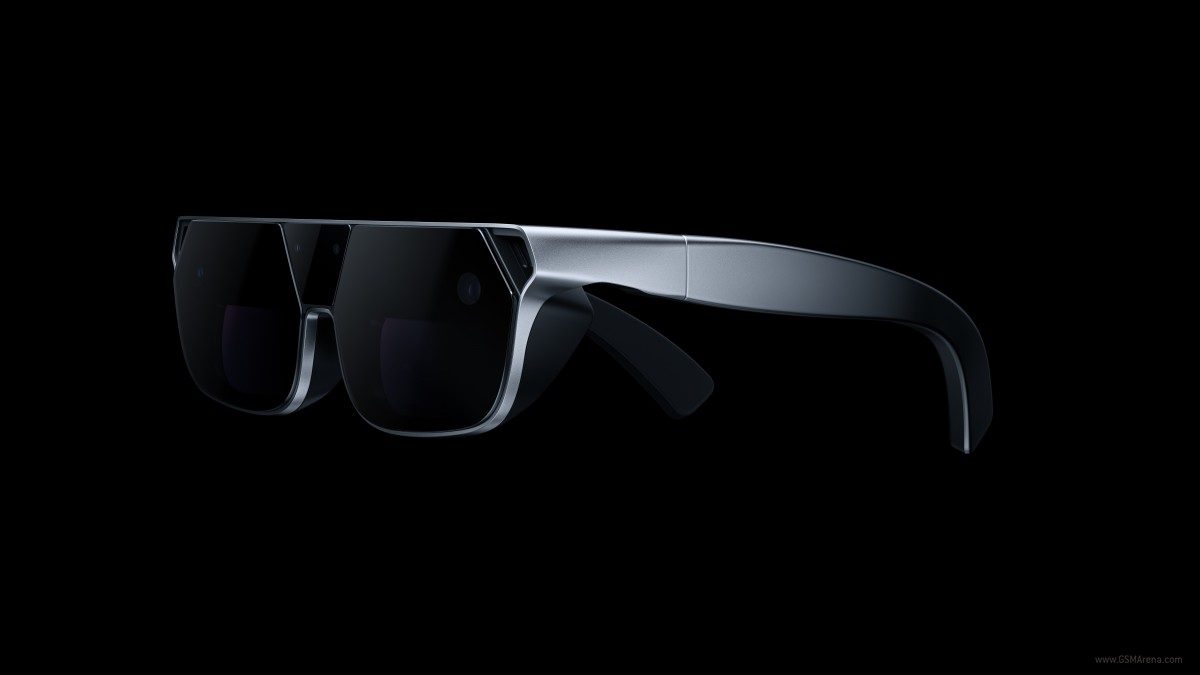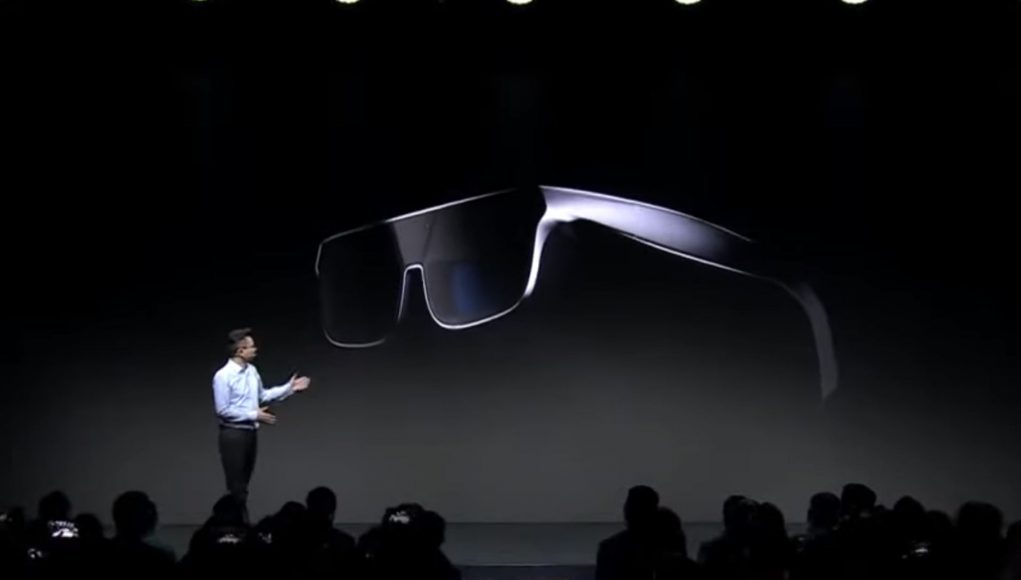Oppo, the China-based smartphone manufacturer, held its second annual Inno Day in Shenzhen, China today, showing off a new version of its concept AR glasses.
Called Oppo AR Glass 2021, the company’s latest augmented reality hardware boasts a new ‘split’ design, something that makes it both more compact and lighter than the previous HoloLens-style model, which made its debut at last year’s Inno Day.
Oppo AR Glass 2021 is said to be “nearly 75% lighter than its predecessor,” moving from on-board computing to a tethered design, and replacing wave guide optics with a similar ‘birdbath’ optics design seen in Nreal Light.

Like Nreal Light, Oppo AR Glass is intended to tether to a smartphone to drive interactions, such as the Oppo Find X2 Pro, which packs a Snapdragon 865 chipset.
Presented at the company’s Inno Day livestream, its birdbath optics are said to improve image contrast by 53%, brightness uniformity by 98%, and pixels per degree by 40% in comparison to last year’s model.
The company didn’t include an field of view estimate, however it says using AR Glass 2021 is like “watching a 90-inch TV just three meters away.”

The headset includes stereo fisheye cameras, one ToF sensor, and one RGB camera. It’s also said to support smartphone and gesture-based interactions, and include updated real-time simultaneous localization and mapping (SLAM) tracking.
It’s still uncertain when developers—or even consumers for that matter—will see Oppo AR Glasses hardware itself, however it seems the company is gearing up with several programs throughout 2021 created to further build out its content offerings.
The company already showed off some of its “early stage” content, which includes a MOBA-style game, a tower defense game, an English-learning app, a video viewing app from iQIYI, and a home furniture app from online retailer JD.
Additionally, an Oppo developer program will be launched next year, which will include a recruitment push for AR content partners, a developer support program, and developer competition in China. A client-side SDK will also be released at some point next year.







